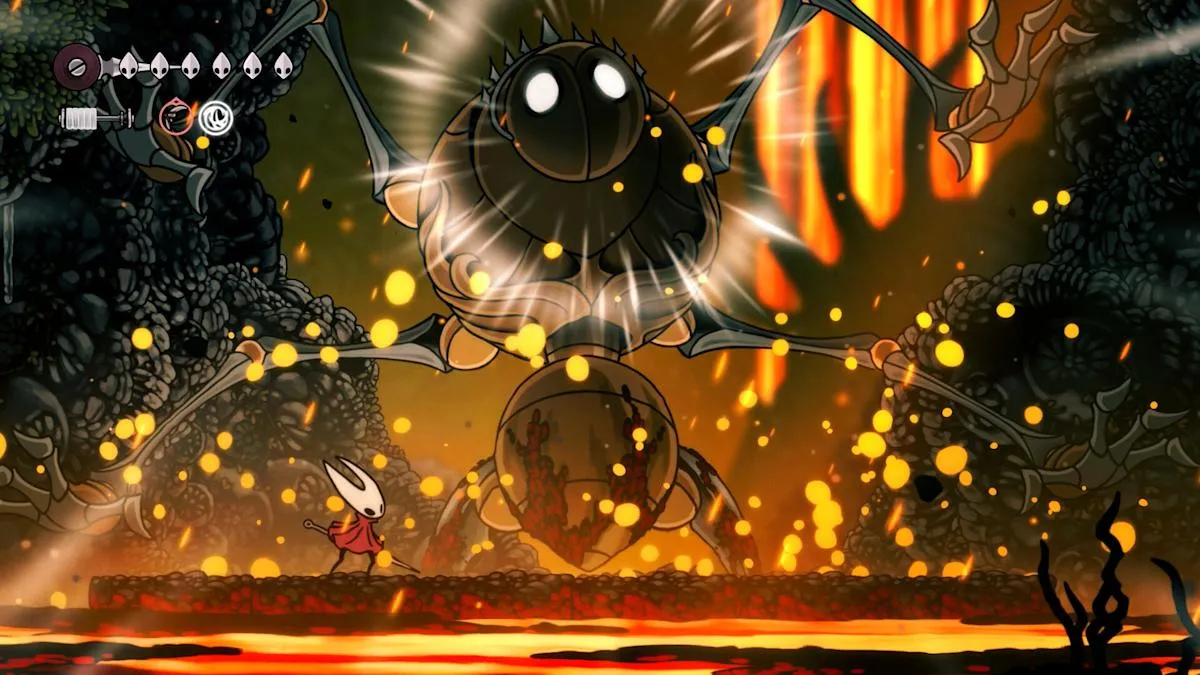
For many players delving into Hollow Knight: Silksong, the combat mechanics are notoriously challenging, and the boss fights can feel exceptionally punishing. This sequel to the beloved Metroidvania game is designed to test the skills of even the most seasoned players. However, there's an additional layer of complexity for those experiencing the game in Simplified Chinese, which has sparked significant discussion about the quality of the translation.
On its Steam store page, Silksong boasts a Mostly Positive rating when considering reviews across all languages. Yet, when players filter for reviews in Simplified Chinese, the perception shifts dramatically, with ratings falling to Mostly Negative. This stark contrast highlights not only the game's difficulty but also the impact of translation quality on the overall player experience.
Among the numerous reviews, players express frustration not only with the game's high difficulty level but also with its translation issues. Many gamers have taken to forums and social media to voice their concerns, pointing out that the translation often feels disjointed. The feedback indicates that the game's dialogues and narratives do not resonate well with players, creating a disconnect that detracts from the immersive experience.
Reviewers frequently compare the translations to a confusing mix of ancient and modern Chinese, which has left many players perplexed. Tiger Tang, a translator known for his work on the indie RPG OMORI, commented on social media platform X about the issues with the Simplified Chinese translation of Silksong. He noted that the translation resembles a Wuxia novel, a genre characterized by its focus on martial arts and often set in ancient China, rather than accurately reflecting the game's intended tone and atmosphere.
The translation problems in Hollow Knight: Silksong serve as a reminder of how critical accurate localization is to a game's success. For players who rely on Simplified Chinese, the experience can be marred by linguistic inaccuracies that detract from both the story and gameplay. As developers increasingly recognize the importance of localization, this feedback may prompt a reevaluation of how translations are approached in future releases.
As players navigate the challenges of Hollow Knight: Silksong, it's clear that both combat and translation play significant roles in shaping the overall experience. While the game offers thrilling gameplay and intricate boss battles, the translation issues in Simplified Chinese highlight the need for careful consideration in localization efforts. Moving forward, addressing these concerns could enhance the game's reception and ensure that all players enjoy a more cohesive and engaging experience.